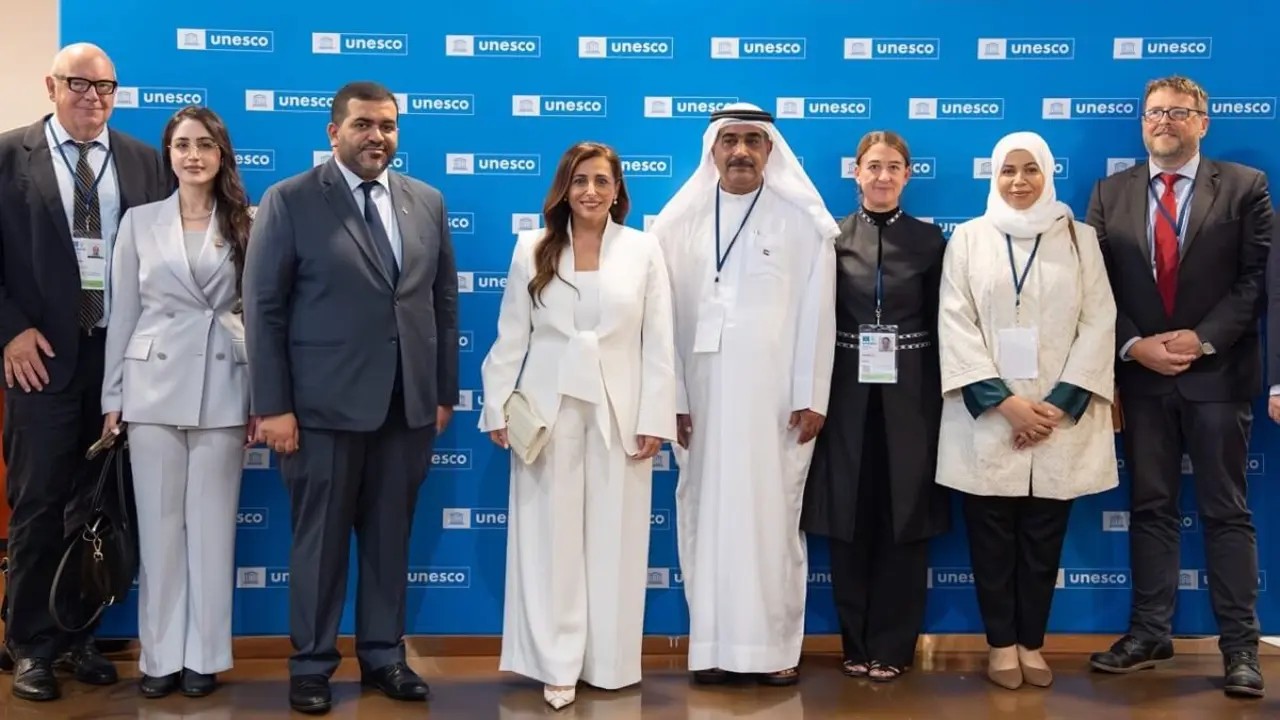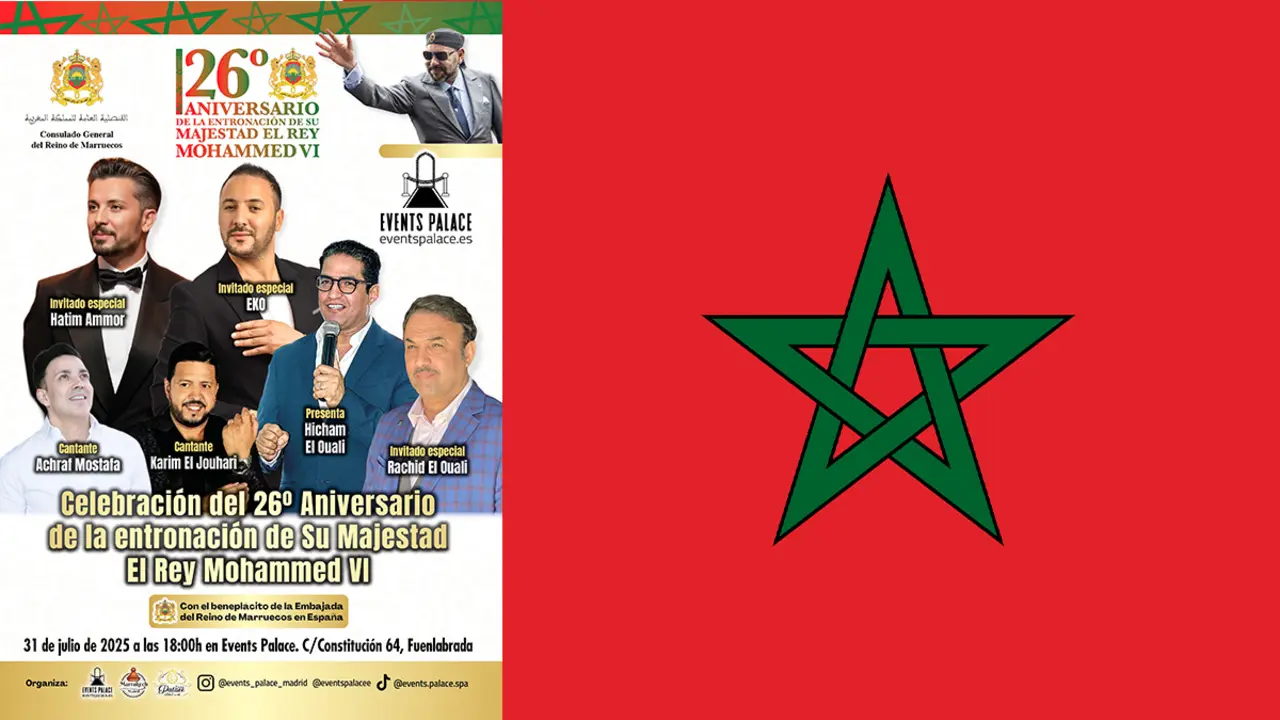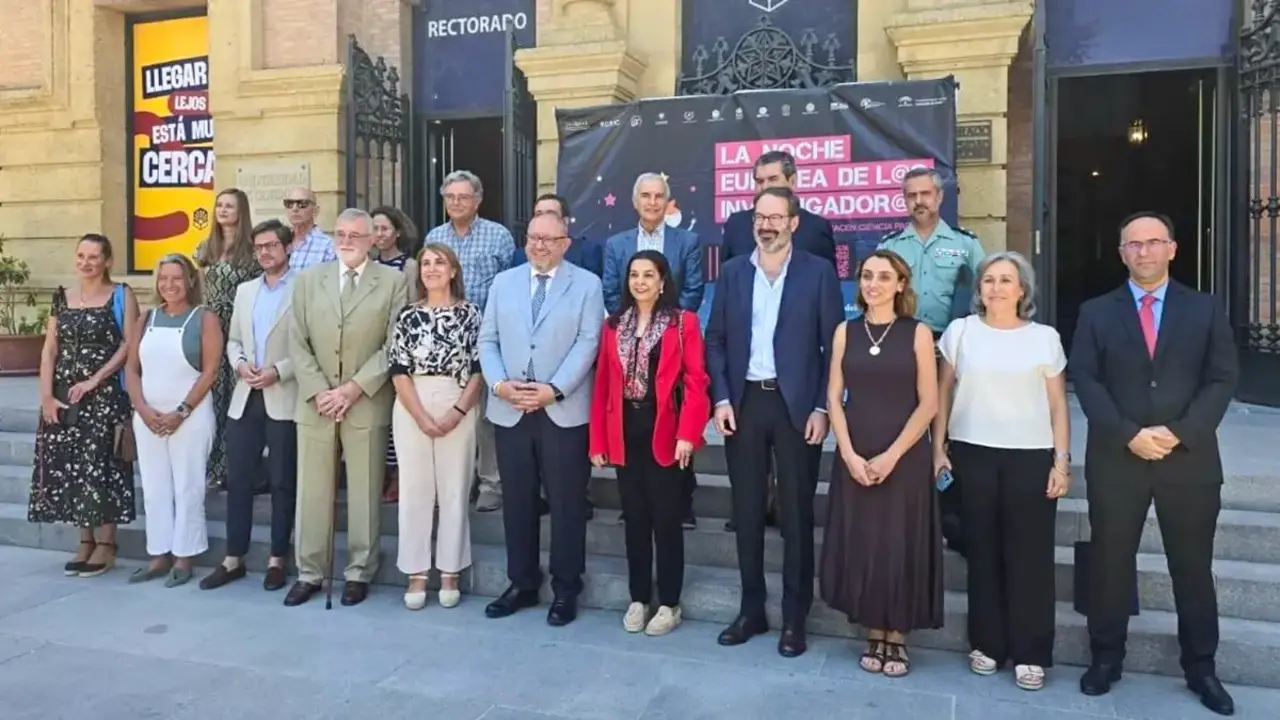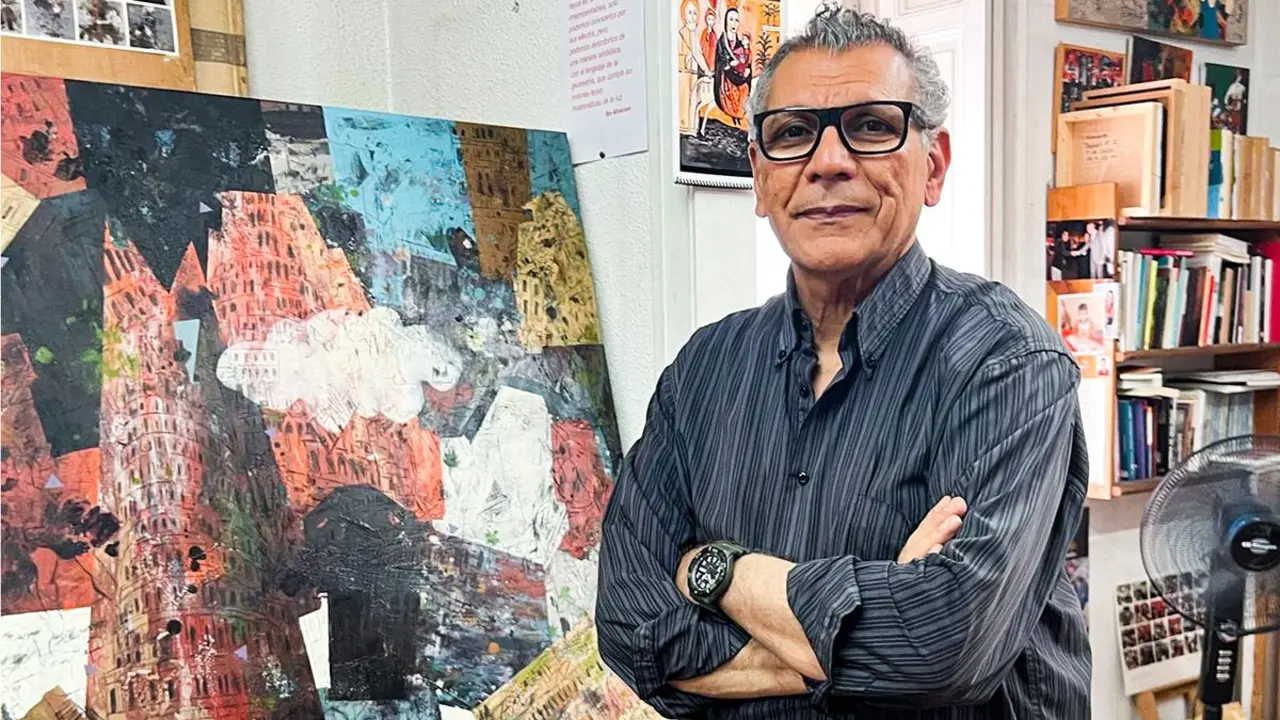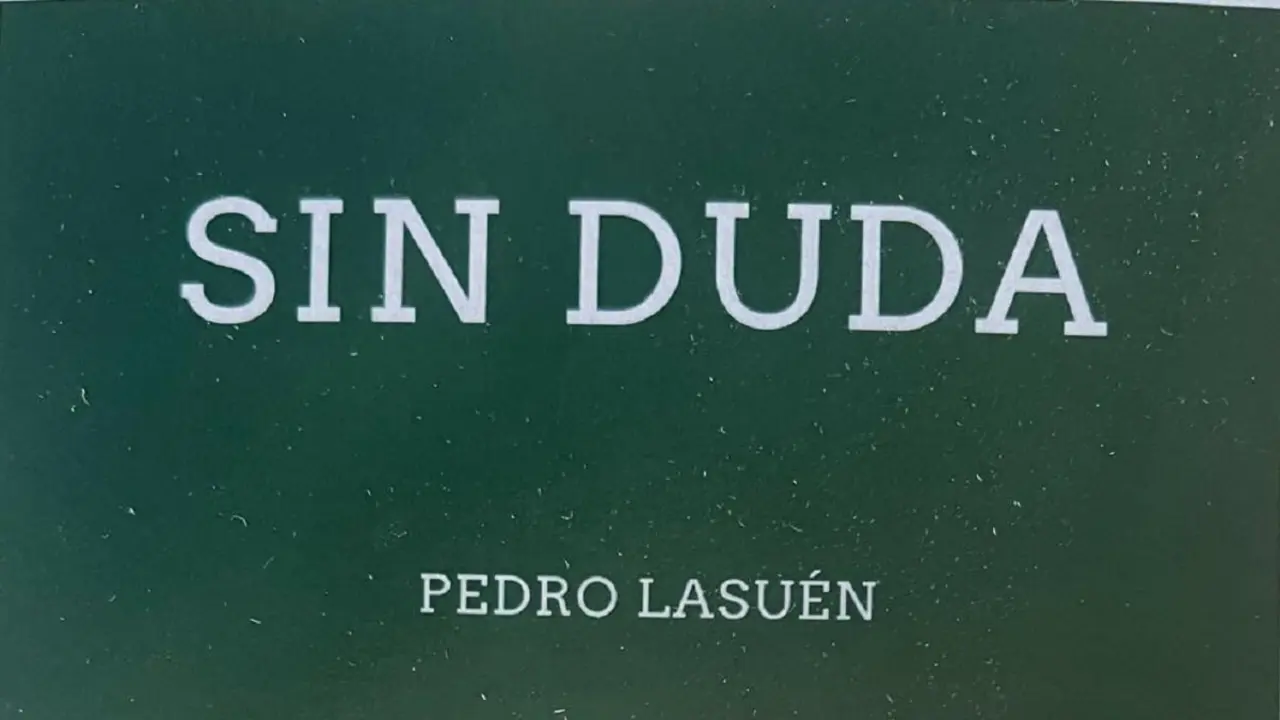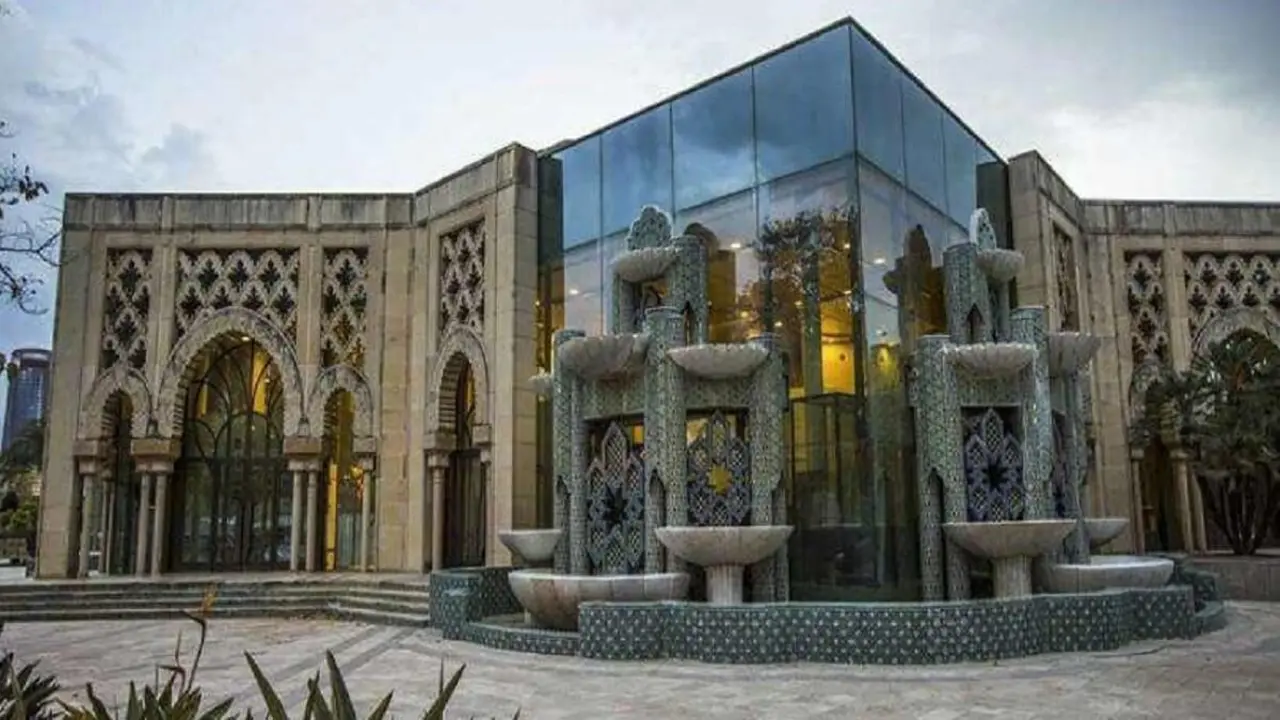García Montero: "Spanish and Portuguese must increase their presence in science, digital culture and technology"
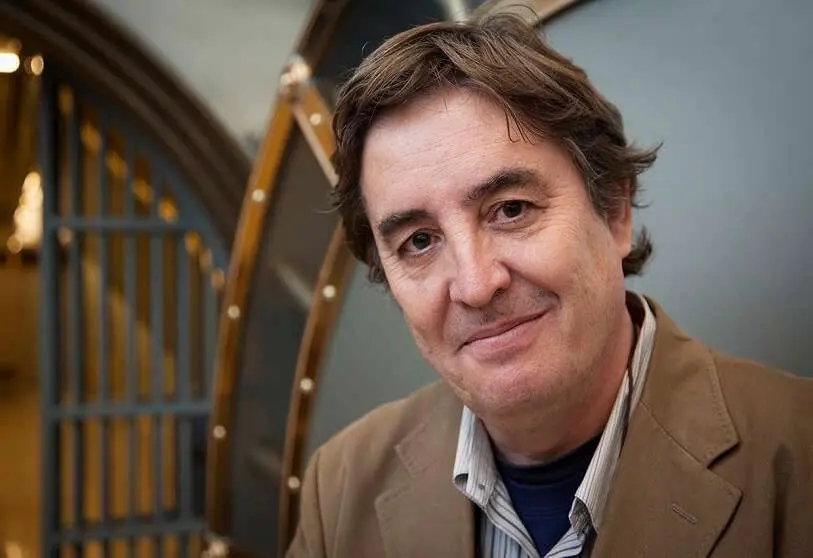
In Brasilia, the director of the Cervantes Institute encouraged closer cooperation between Spanish and Portuguese in order to strengthen their presence in science, digital culture and technology, the three major challenges facing both languages, which together have 850 million speakers. A figure that "generates satisfaction, but should not create complacency, because that would be a big mistake".
Luis García Montero took part in the Second International Conference on Portuguese and Spanish Languages (CILPE 2022), an event that aims to create new links between the two growing languages. In the session entitled "Portuguese and Spanish: two global languages", he pointed out five guidelines for making progress in this necessary mutual cooperation.
Firstly, the economy: society must be reminded of the importance of Spanish and Portuguese as an economic asset. Cooperation generates wealth and multiplies investment sevenfold.
Secondly, governments should be asked to invest more in the institutions that defend their languages and culture, such as the Cervantes Institute for Spanish, or the Camões Institute for Portuguese, whose budgets are far below those of similar institutions in France, the United Kingdom or Germany.
Moreover, the numerical importance not only of native speakers, but also of those who have limited competence or study it. While Spanish has more native speakers than English, English far outnumbers Spanish in the other two groups.
It is very important to focus on science and technology, fields in which Spain does not even reach a sixth of the percentage of the United States. And, finally, to defend culture, which "must go hand in hand with democratic values" and be identified with knowledge, as opposed to "the much that is invested, he said, in illiteracy, hoaxes, generations of hatred or closed identities".
García Montero insisted that "Spanish and Portuguese must become aware of the possibilities of mutual cooperation". But complacency should be avoided, because their relative importance (the current 850 million speakers) will decline by the end of the century. UN studies predict a change in trend, with a demographic explosion in sub-Saharan Africa and Asia, which will mean a significant decline in the Ibero-American linguistic community.
He also regretted that, although they are official languages in many international organisations, they are not in fact used as a working language, which limits their use and real importance.

In the session, García Montero was accompanied by João Ribeiro de Almeida, president of the Camões Institute of Portugal, Paula Alves de Souza, director of the Brazilian Ministry of Foreign Affairs, and Mariano Jabonero, secretary general of the Organisation of Ibero-American States (OEI) for Education, Science and Culture, organiser of this second CILPE (the first was held in Lisbon in 2019).
"We are united by history, our brotherhood is clear", said García Montero, who recalled having recently read authors in Portuguese of the stature of Ana Luísa Amaral or Sophía de Mello O Lêdo Ivo, among many others. He also confessed two of the most exciting moments he has experienced as Director of Cervantes: the institution's recent tribute to the Brazilian writer Nélida Piñon and, now, the preparations for the tribute to the Portuguese Nobel Prize winner José Saramago to be held on 25 April.
Among the main challenges facing the two languages is "to consolidate their presence in science, because science is a prestigious reference and the way to help development". It must also consolidate its weight in the world of technology, the new digital culture and social networks.
After the words of the Director of the Cervantes Institute, the International Conference continued with another session in which Guillermo Escribano, Director General of Spanish in the World, from the Spanish Ministry of Foreign Affairs, spoke. The summit will continue until next Friday.
García Montero's working visit to Brazil, the country with the largest number of centres of the institution (eight), began last Monday in the city of Sao Paulo. He is also holding various meetings with the aim of supporting the so-called Spanish law, which years ago obliged all secondary schools in the country, both public and private, to offer students Spanish language classes.
Submitted by José Antonio Sierra: Hispanismo advisor.

